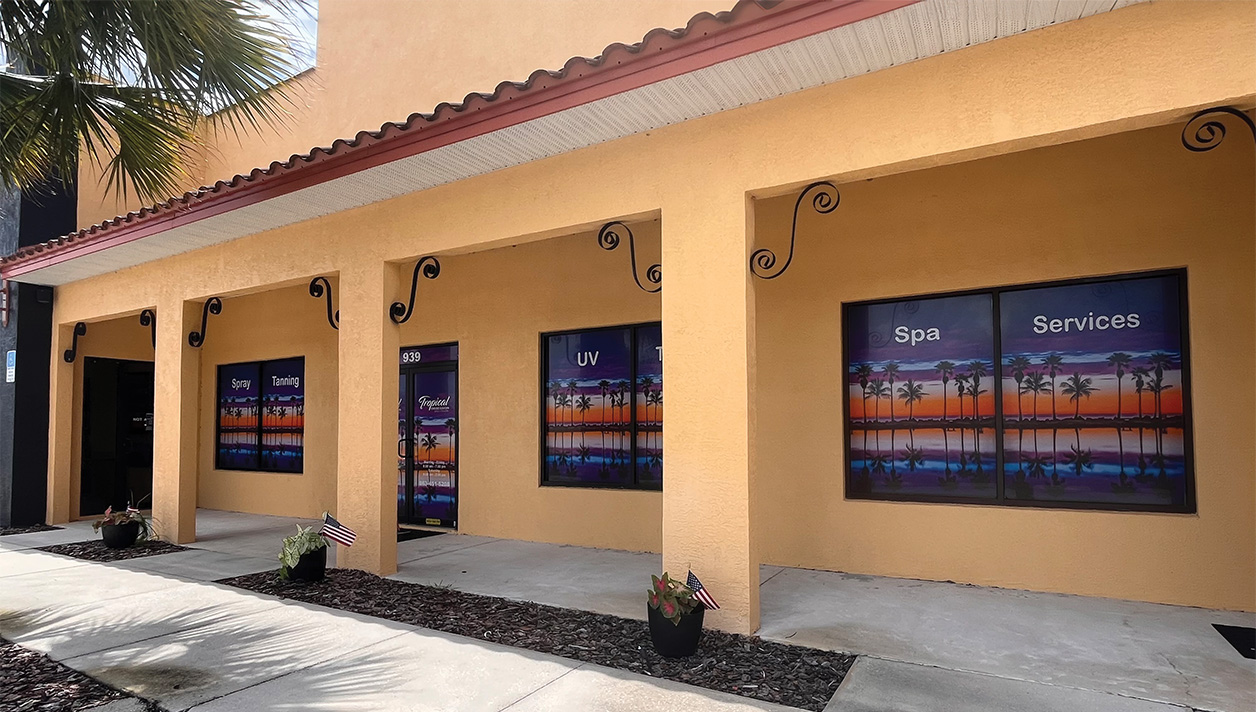[gap height=”15″]Every business operates as some type of legal entity, such as a sole proprietorship, partnership, or a corporation. If a business starts as a sole proprietorship, it is common for their legal counsel to advise them, down the line, to create a corporation for additional legal protection. When creating a legal entity, it is crucial to know the exact entity name, as it will be used for a variety of documents. For example, a commercial insurance agent will need the name of the entity that signed the lease agreement for a salon’s physical space and operates the facility. It is preferable to have all paperwork, including leases, in the name of the entity that operates the salon. If the entity name varies on legal documents, make sure that all of the entities can be named in some way on an insurance policy. It is also important that there is common ownership among the entities being listed.
[gap height=”15″]When it comes to insurance, the legal entity on the policy should be the First Named Insured. On a commercial policy, this is the entity named first in the document as insured. The First Named Insured has the most rights under a policy; many times, other entities can have insurable interest in a business, therefore, those entities might be asked to be listed on the policy, as well. Some common insurable entities are other named insureds, additional insureds, and loss payees.
[gap height=”15″]The legal entity that operates the salon(s) may need to provide additional insured status to others because of a relationship to the business. In the tanning industry, adding an additional insured is often done to comply with a contractual agreement requiring the Named Insured to do so. The most common example of an additional insured is a landlord. Landlords who require proof of insurance will want the entity listed on the certificate to match the name of the legal entity on the lease. They will be looking for consistency; otherwise, one might be in violation of the lease agreement. We have seen landlords reject certificates and send out non-compliance notices due to the entities being listed differently, even though the insured carried the required coverage limits.
[gap height=”15″]Additionally, financial institutions such as banks and leasing companies oftentimes have an insurable interest in a salon. They usually require to be listed as a Loss Payee and/or an Additional Insured. As a Loss Payee, they would be a party to whom money or insurance proceeds could be payable in the event of a loss. This protects the salon owner and the Loss Payee in the event of a covered cause of loss. For example, if a fire occurred at the salon and a leased tanning system was damaged or destroyed, the Loss Payee would have a monetary interest in that equipment. As with landlords, financial institutions will require that the Named Insured and the legal entity on the contracts are the same.
[gap height=”15″]To help determine who needs to be added to a policy, speak with your legal counsel and a specialized insurance agency. If you fail to provide all the additional Insureds and Loss Payees to your agent, they will not be able to provide certificates to the respective parties. If that happens, leasing companies may charge insurance fees and landlords may advise you that you are in violation of your lease. Make sure you choose an insurance agency that is willing to work with you on quick certificate delivery. TIP: To help speed up the process when issuing the requested proofs of insurance, your agent needs to have the correct info the first time around.
[gap height=”15″]When creating a legal entity, it is crucial to know the exact entity name, as it will be used for a variety of documents.





























